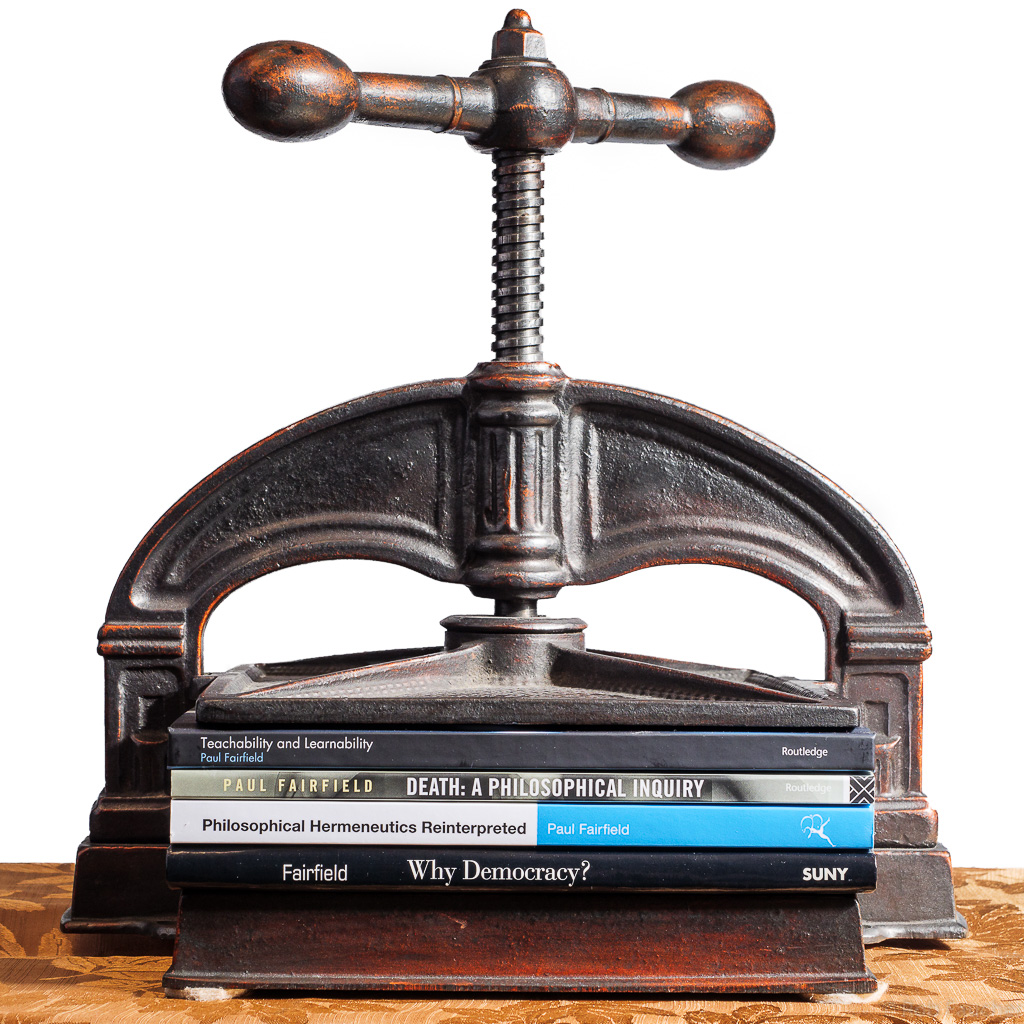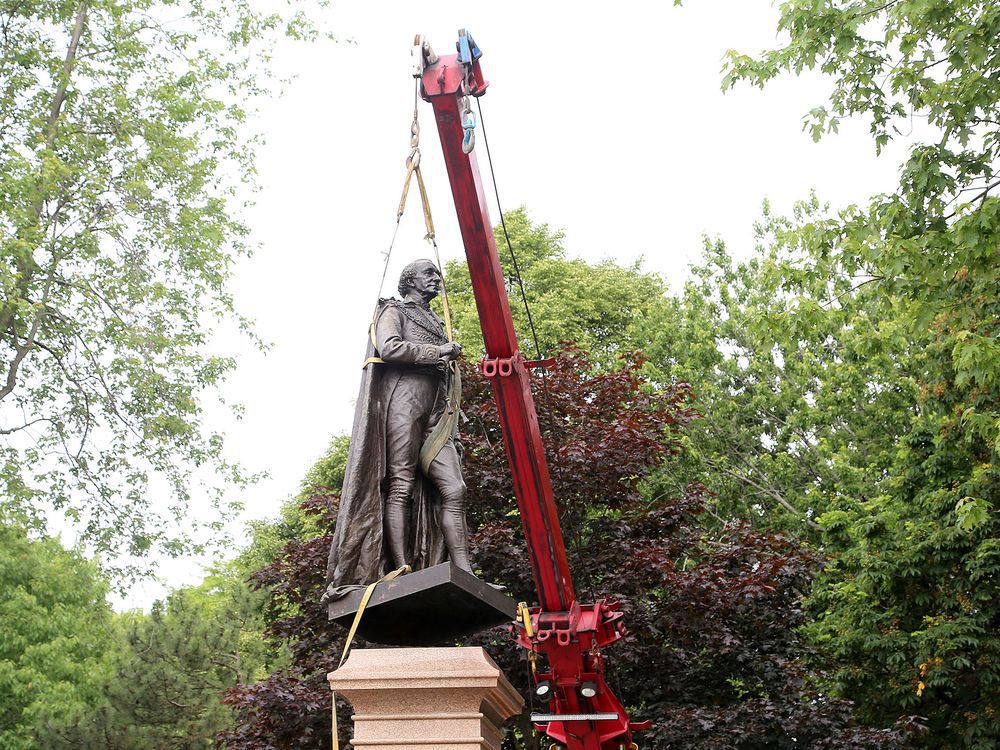PODCAST:
TRANSCRIPT:
In the city where I live, a statue of John A. Macdonald, Canada’s first prime minister, has been removed from its pedestal in a public park and placed in an undisclosed location for an undetermined period of time, its future unknown. The latest target of cancel culture, he has also had his name removed from my university’s law school, a local public school, and probably some other things. It will surprise no one to hear that this man, who came from this city and served as prime minister from the time of Canadian confederation in 1867 until 1873 and then again from 1878 to 1891, has been accused of racism. Since this judgment brooks no reply, the statue comes down as the latest in a series of dominos that has swept North America of late. I’m going to suggest that we take a step back from the political fashions of the day and pose a question that is at once historical and moral: on what basis may we judge the actions of historical figures like this? The statue removers most often answer this question with very little ado as follows: justice and “accountability” require that historical actors such as heads of state should be judged by the moral and political standards that a majority of people (perhaps a vocal minority) in our society currently hold. If this isn’t quite tantamount to moral-historical universalism, a better term would be presentism. We may and should judge their actions straightforwardly by the standards of contemporary norms or some of them—from which it follows, incidentally, that we ourselves may have our actions judged by future standards and future persons no less than present ones, which is to say persons and standards that presently do not exist. Is this an intellectually tenable position?
I’ve asked this question before, but let’s examine it more closely: what if people 100 or 1000 years from now were to learn of your existence and your conduct through life, whether you turn out to be an historical figure or anyone else? Would you want your actions to be judged by their moral and political standards? You don’t know what those standards are going to be, by the way. It is absurd and more than a little Kafkaesque to be held to account by standards that are not your own, that likely do not belong to your time and place, that change as history does, and that are also unknown and unknowable at the time you undertake an action. What is it to hold someone accountable? In short, it is to expect someone to explain their conduct, including its rationale, its motivating intention, its meaning, and its consequences. Moral universalists will appeal to some values that they hold to apply across cultures and time periods, and while I have some sympathy with this view the current triad of diversity, inclusion, and equity are not those values. Macdonald, it seems, fails the diversity, inclusion, and equity test, so the statue comes down. At the risk of stating the obvious, this act was taken by city officials not on moral grounds (they will state otherwise, of course) but in order to conform to the political trends of the day and in particular to dodge the charge of racism that has become ubiquitous in our time and which many will go to extremes to avoid.
Think of any historical figure you care to name, whether it’s a political or religious figure, scientist, artist, or anyone else. Might we devise an ahistorical moral test which we could rationally expect all such individuals to pass? It should be no different for persons from the past who are not historical figures. They too committed actions that might later be known and critiqued, but again by what standards? Judgments that make no appeal to some underlying set of criteria are arbitrary, so what criteria are these? Consider the ancient Roman emperors. Early Christians divided these into “the good emperors” and the bad ones, where the distinction turned essentially on which were kind to Christians and which were not. Others drew the same distinction along more traditional Roman lines, but in both cases any standards that were appealed to came down to the values and interests of the judges themselves and involved more than a little hermeneutic violence. The term “hermeneutic violence” generally connotes an interpreting or critiquing of any human phenomenon in such a way that we are projecting or imposing our own subjective categories onto the phenomenon rather than engaging in a reciprocal operation of “thinking with” rather than “at” some hermeneutic other—an other who is properly speaking an interlocutor.
History is replete with famous people who did bad things—that is, some bad things by standards of either their own time period or our own, and also good things, judged by the same criteria. It is replete, in short, with people who are much like we are: morally complex, some combination of X and not-X. It is neither a children’s tale of superheroes and supervillains nor the kind of story that lends itself to a political manifesto. On what basis, then, should we judge historical figures? When I read about any historical figure from any time period, what I look for is what was their total contribution to their society. In the case of a political figure, what laws did they enact and did they leave their society in some ways better than when they came to power, by the standards primarily of the people of that time and place? Julius Caesar probably didn’t have a great human rights record and Napoleon wasn’t a champion for equity. Were Abraham or Jesus anti-racists? I have no idea, but I’m pretty sure there’s something dubious about the question. What I can say is that all four said or did things that moved the conversation that every culture is forward in some way that historians some time later would judge significant, and not always for the better in whatever way we can measure that. Scientists, artists, philosophers, and so on can also be judged by their contribution to knowledge, which doesn’t mean that they never made mistakes whether intellectual or moral. If they had made no mistakes, they probably would have discovered and created nothing of value either.
There are limits to what we can expect of any human being, whether they go down in history or not. We can expect them to live by the values that they choose for themselves, to be able to explain those values to their peers, to follow some (certainly not all) of the norms of their time and place, and beyond this to participate in their society in some way that accomplishes some good in keeping with their particular talents. It is morally incoherent to expect anyone to live by the standards and political fashions of a different time. We don’t live by the standards of the ancient Greeks, and if any of them were to return and condemn us for it, the error would be theirs.
Do take a critical view of history, but when you engage in judgments of this kind, judge as you would want to be judged. Think of this as a moral-historical variant of the golden rule. If you would want your actions judged by standards of a future about which you can only guess or a past about which you may know little, then go ahead and join the ranks of those who are toppling statues in the great reckoning of which so many are speaking. They are a curiously self-certain and pious lot. I wonder what prophet has whispered in their ears. For my part, I will remain with the largely silent minority (perhaps majority) that views this phenomenon with regret and opt to be judged on the basis of values that I actually hold. If you want to reckon with the historical past, the place to begin is the recognition that people from the past were a lot like us: virtuous and vicious, good, bad, and indifferent, all at the same time, and where any standards by which we judge such matters exhibit more than a little historical contingency. This is an endorsement not of relativism but of complexity, and those who cannot fathom this quality should leave history alone.
For anyone who wishes to get into the historical reparations business, I would urge a few things. First, read very widely in human history, not just the history of your own group or nation but the larger history of humanity so that you can bring some more comprehensive understanding to whatever issues you wish to critique. Second, do not cherry-pick your injustices but be sure that any judgments you make are morally consistent between cultures and eras. Third, as you sit on that judgment seat, ask yourself by what right do you sit there and are you alone on that seat? Judgment is a conversational act which, like all such acts, is reciprocal. Might the past also judge you, and the future as well? If you would sit there then be prepared to be judged one day by the values of some future era or eras, and if there is no way to prepare for this—and there isn’t—then think again about the evaluative standards that you are applying. Social criticism is difficult at the best of times, when we are speaking of present ostensible injustices and when standards of evaluation are invariably contestable. It is considerably more difficult in the case of historical injustices when such criteria are even more elusive and quite possibly nonexistent. While you are being critical, be self-critical as well and be prepared to justify whatever yardstick you are using to measure the past.
 |
 |
#johnamacdonald #cancelculture #historicalinjustice #historicalfigures #sirjohnamacdonald


Leave a comment